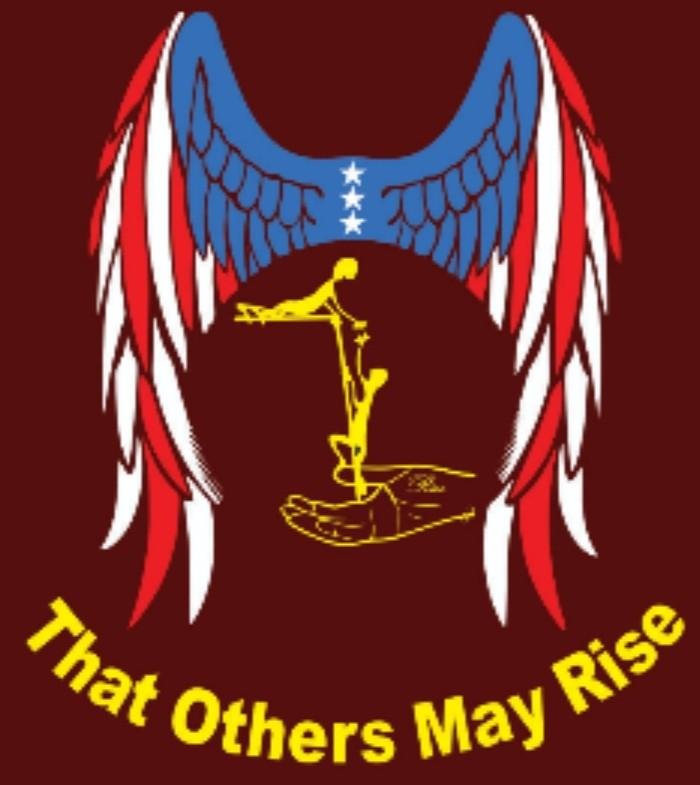New Heights or……. Old Lows?
Cognitive Agility is Life Stability
Transitioning to Health and Cognitive Agility for Life Stability. Cognitive Agility is not the speed of thought, cognition, or memory, but the ability to successfully effect, cope, with, and adapt to changes in life through anticipation, adaptation, and many times reacting with the only adequate control available in the moment. In order to maintain balance an individual must keep certain aspects of their thinking and actions in alignment, much like a gyroscope works to maintain balance. The gyroscope is not still, but is constantly moving to maintain stability, while adjusting and compensating to effects and actions. Life (time) brings uncertainty and risk, adding to the complexity of aging, life, work and emotional circumstances.
Cognitive Agility (Responsiveness, Flexibility, Adaptability, Versaility, Innovativeness and Resilience) is to Mental Health as physical health is to balance, flexibility, endurance and strength.
Operators use Passion, Perseverance, Grit, and Guts (P2G2) to muster through missions, tough periods of time and pain. It works, but not forever, behaviors will break down if only P2G2 is used for all approaches of life.
To achieve Cognitive Agility a person must develop the attributes of responsiveness, flexibility, adaptability, versatility, innovativeness and resilience in varying forms, degrees, and levels of intensity. To approach life the same way every time when everything around changes, will often never end well. Cognitive Agility isn’t implying nor should it be inferred to change foundations (unless the foundation is weak and crumbling), but it is to adapt and adjust to life, aging and emotional changes. Here are some broad definitions:
Responsiveness - Anticipate – avoidance – mitigate - Respond timely with proper / adequate effect; doesn’t have to be perfection. Detect, Decide, Act, to Effect when conditions fall outside of normal expectations. Responsiveness is the actions that develop from a combination of Flexibility, Adaptability, Versatility, Innovativeness and Resilience.
Flexibility - More than one way of responding to life and its challenges when the initial response doesn’t work. There is more than one way to approach life.
Adaptability – Change itself, individual attitude or physical response to an event (natural, unnatural, expected or unexpected).
Versatility - Achieve performance or effectiveness in accomplishing a new or altered way of life. Changing to the situation, life and the world around you.
Innovativeness - A NEW way of accomplishing or creating something in your life. When normal or routine actions don’t deliver the desired results in your life.
Resilience – Ability to repair, replace, patch, or reconstitute lost performance, recover as required in the time allowed (could be a lifetime or the next second). Resilience must be developed before, not after an event.
Currently, if an individual believes they lack Mental Health then they are stigmatized by society as being mentally ill. It is unfortunate, mentally ill is often perceived as deficient by the individual and those around them with a noted prejudice and bias. If an individual is assessed to be at a specific Cognitive Agility level, then it is a simple assessment of areas to be worked on and it is not a stigma or disorder to be eradicated. The next steps are to focus on the areas that require strengthening in a program, similar to a physical workout program, step by step, while maintaining your other agility areas.
Next, Dealing with Uncertainty, Risk, and Time. Contact us at founder.director@thatothersmayrise.org or at the number at the bottom of the page. We charge nothing and only ask for your effort to move forward to a productive life with purpose.

